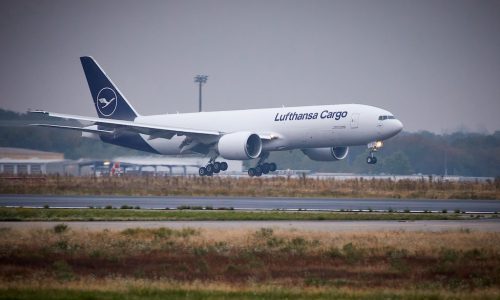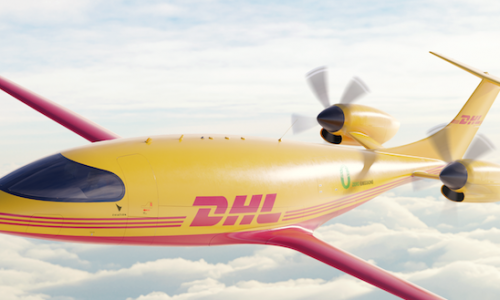Neste has doubled its renewable products production capacity in Singapore, bringing the refinery’s total capacity to 2.6m tons annually, of which up to one million tons can be sustainable aviation fuel (SAF)
Neste announced its final investment decision on additional renewable products production capacity in Singapore in December 2018. The EUR 1.6 billion Singapore Expansion project has been successfully completed, the start-up of the refinery expansion has been completed after mid-April, and Neste is celebrating its opening .
In addition to increased production capacity, the enhanced raw material pre-treatment capacity onsite increases Neste’s capability to process more challenging waste and residue raw materials.
Said Matti Lehmus, President and CEO of Neste: “We celebrate today our Singapore refinery expansion opening with our customers, partners and employees. This marks another important milestone in our renewables growth strategy execution.
“The completion of the construction of the refinery is a remarkable achievement given the complexity of the project and as it was carried out during a global pandemic. I want to express my sincere and warmest thanks to all our partners and employees who have been part of this project.
“Singapore has world-class logistics connectivity enabling efficient transportation of the renewable raw materials as well as final products globally. Also, its world-class education supports the availability of future talents to be a part of our production and commercial operations, as well as to enhance our R&D in our recently established Innovation Center.”
Neste is committed to supporting the aviation industry globally in achieving the goal of net-zero emissions by 2050.
Neste is supporting Singapore in achieving its ambitious emission reduction targets as part of the Green Plan 2030 and Sustainable Air Hub Blueprint under preparation for completion later in 2023.
Said Sami Jauhiainen, acting Executive Vice President for the Renewable Aviation business unit of Neste: “Singapore is a leading aviation hub in the Asia-Pacific region. In addition to being a global hub for Neste’s SAF production, we have established an integrated SAF supply chain to Singapore Changi Airport to make our product available to an increasing number of regional and international airlines.
“The neat SAF is produced at our refinery located in the Tuas area of Singapore, then blended together with conventional fossil jet fuel and certified to meet jet fuel specifications at the blending terminal in Singapore, and finally delivered to our customers at Changi Airport.”
In order to be able to offer blended Neste MY Sustainable Aviation Fuel™ directly to airlines at Singapore Changi Airport, Neste has agreed to acquire a stake and become a minority shareholder in Changi Airport Fuel Hydrant Installation Company Pte Ltd (CAFHI), the fuel storage and infrastructure joint venture in the airport. The transaction is subject to the fulfilment of customary closing conditions.
SAF is widely acknowledged as a key element in achieving the aviation industry’s ambitious emission reduction goals.
To support its aviation customers across the globe in achieving their climate targets by reducing their emissions with SAF, Neste is also developing a global network of airports where it has the capability to supply SAF directly into aircraft. Singapore’s Changi airport extends this network of airports, which includes San Francisco (SFO) and Los Angeles (LAX) in the US, Amsterdam (AMS) in the Netherlands, and Helsinki Airport (HEL) in Finland.
Neste is also supplying SAF to various fuel marketing companies, broadening its availability outside its own airport network.
Using Neste’s SAF reduces greenhouse gas emissions by up to 80%* over the fuel’s life cycle compared to using fossil jet fuel.
este’s total SAF production capability will be 1.5 million tons per annum by the end of 2023 when the modifications at Neste’s Rotterdam refinery are completed, and 2.2 million tons when the expansion of the Rotterdam refinery is completed by the first half of 2026.
*) When used in neat form (i.e. unblended) and calculated with established life cycle assessment (LCA) methodologies, such as CORSIA methodology

